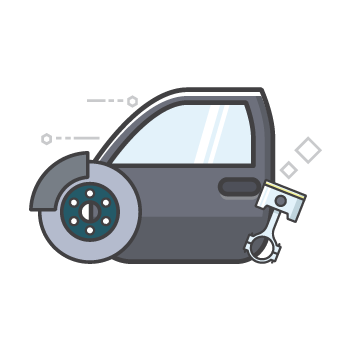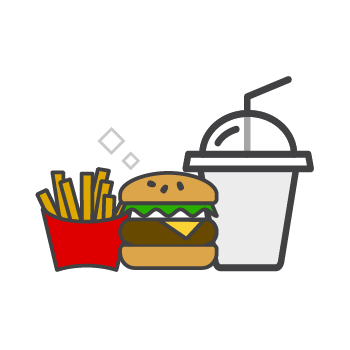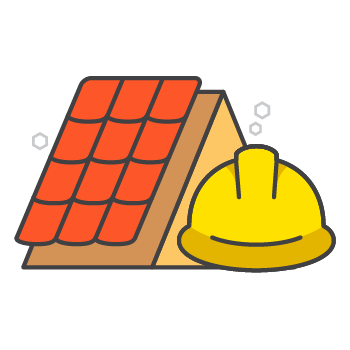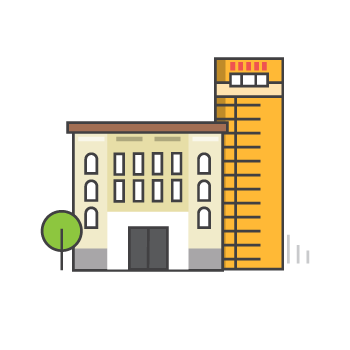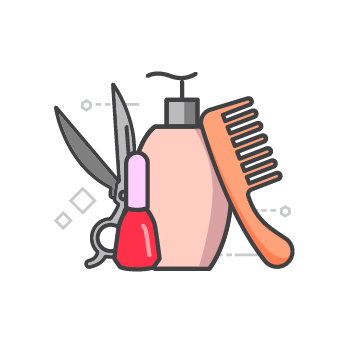After the Hurricane: 20 Safety Tips to Keep in Mind Before and During Cleaning Up
by Carolyn Lee Sep 9, 2019

Hurricane Dorian had a devastating effect on several islands in The Bahamas.
The hurricane caused extensive flooding and debris from damaged structures.
Attempting to return to normal will require substantial cleaning up efforts.
During the process, some people may be at risk in flooded areas from sharp objects and harmful substances.
Bahamians and volunteers have already started to assess the magnitude of the damage.
We are sharing 20 safety tips to keep in mind before and during cleanup.
- Check on your neighbours to see if they need help.
- Seek medical assistance for persons who have been injured at the nearest clinic, health centre or hospital.
- Listen for updates and instructions from the relevant authorities before venturing out.
- Wear protective clothing. This includes safety helmets, gloves, goggles, high visibility clothing and safety footwear.
- Always work with a partner or group. This allows you to have someone else on hand to help with moving large objects, or if you encounter difficulties.
- Use text messages, emails or social media to communicate with others if phone systems are busy. Save phone calls for emergencies only.
- Avoid touching loose or dangling electrical wires. Report these to the relevant authorities immediately.
- Do not wade into flooded areas, as there may be sharp objects or fallen electrical wires hidden below. Do not allow your children to play in floodwaters.
- Report any sewage leakages and broken water pipes to the relevant authorities.
- Collect debris and fallen branches. Pile them in an area where they are not a hazard to others but can be easily collected.
- Unless contaminated, do not empty stored water until regular water services are restored.
- Boil all water used for drinking until safe water supply is restored.
- To reduce the risk of carbon monoxide poisoning, if you are using a generator, keep it at least 20 feet outside away from doors or windows. Do not grill inside.
- Always wash your hands with soap and water after contact with floodwaters.
- Do not drive through flooded areas.
- Do not eat food that has been in floodwaters or haven’t been appropriately refrigerated (meats, eggs, seafood or milk).
- Avoid rodent infestation by keeping food and garbage covered. If possible, trap rodents.
- Reduce the risk of leptospirosis by covering cuts or abrasions with waterproof bandages. It can be transmitted from water or soil that is contaminated by infected animals’ urine.
- Throw away medication that has touched floodwaters or require refrigeration.
- Reduce exposure to mould by limiting the amount of moisture in your home. Clean and dry it quickly. Fix broken pipes, leaking roofs and clean areas that have mould on them.
The cleaning up process will be timely and needs to be done correctly. If you are volunteering, always practice safety.
While children may be eager to assist with cleaning up, they shouldn’t participate because of the risks involved.
These tips were adapted from various health and disaster awareness organisations and agencies.
Be alert. Be aware and most importantly, be safe.
Sources: ODPEM, CDC and Ready Gov.



